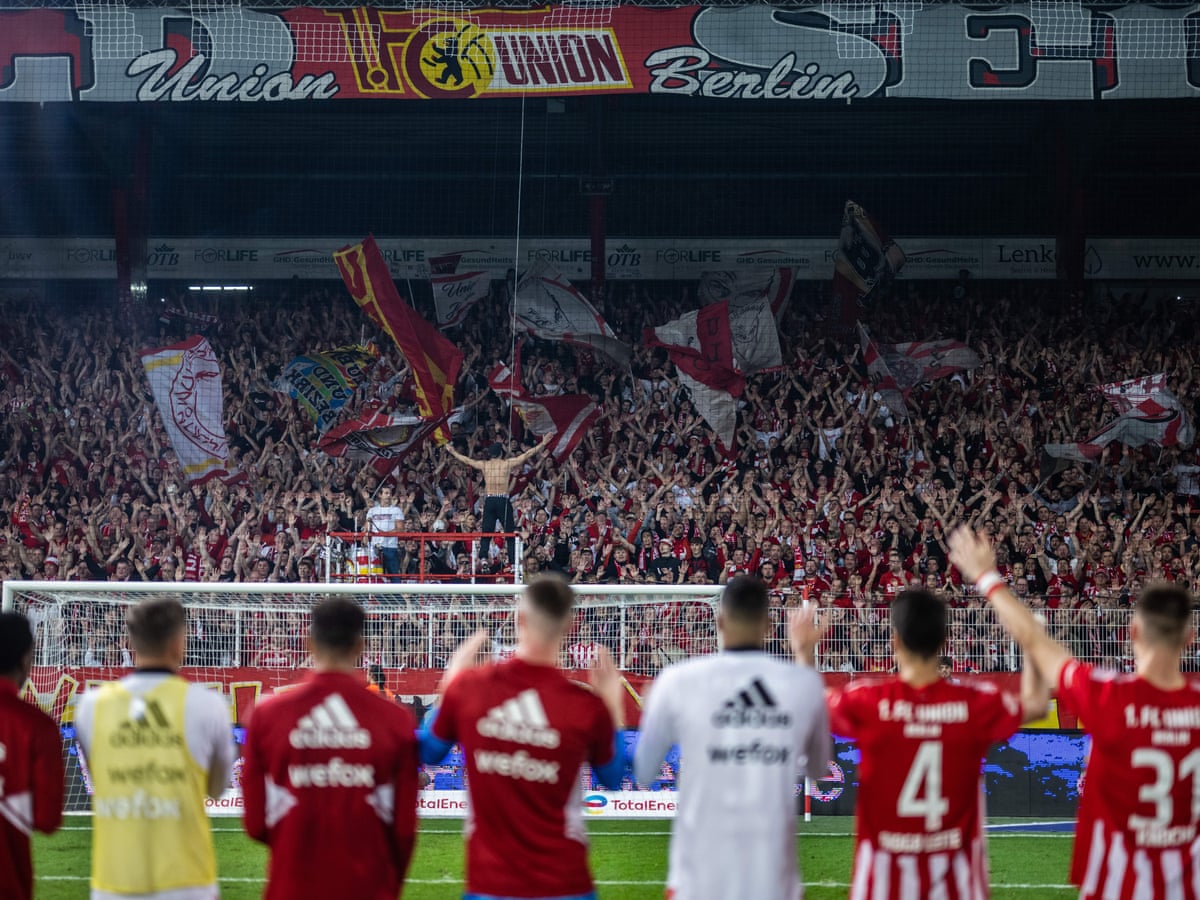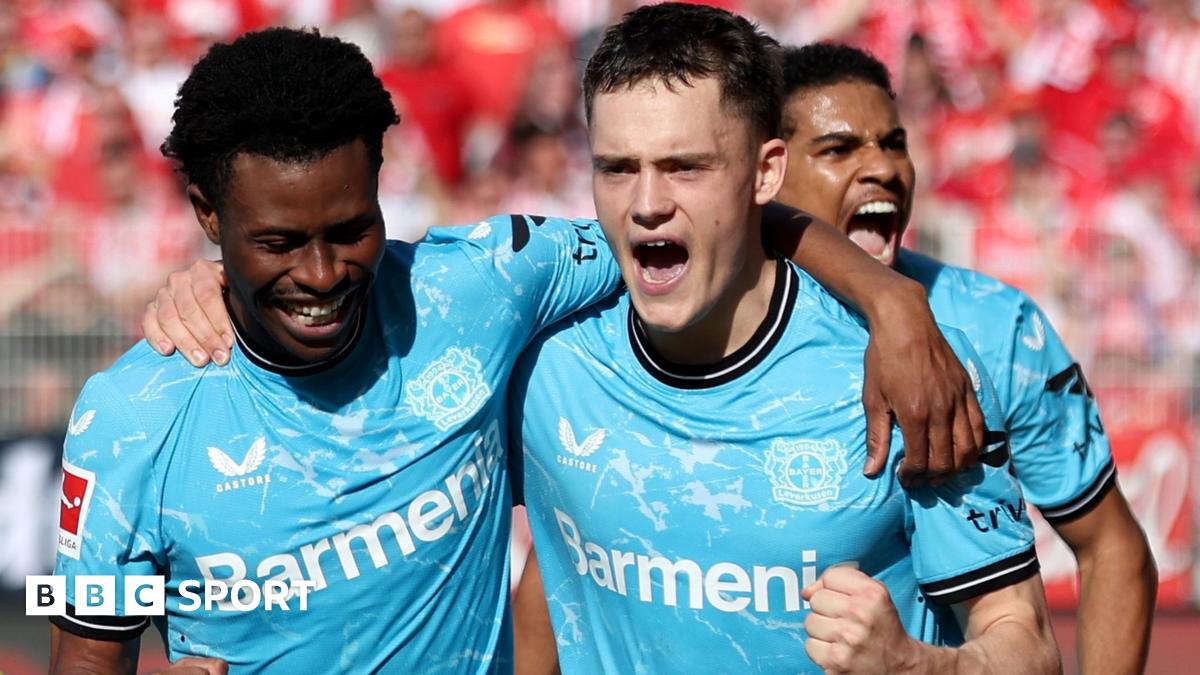
In the pulsating world of football, moments of brilliance often emerge when least expected, altering the trajectory of a match or even a season. Such was the case in a recent Bundesliga clash where Frederik Rønnow, the Danish goalkeeper for 1. FC Union Berlin, emerged as the hero. His last-minute penalty save against Eintracht Frankfurt not only secured a vital point for his team but also emphasized the peculiar trend of Bundesliga teams struggling to capitalize on home advantage this season, a phenomenon often referred to as the "home curse."

The Match Context
The stage was set at the Deutsche Bank Park, home to Eintracht Frankfurt, where the hosts were seeking to leverage home conditions to climb up the Bundesliga table. Union Berlin, on the other hand, were determined to fortify their position in the upper echelons of the league. The match was a tactical chess game, with both teams employing their structured formations and pressing strategies to nullify each other's attacking threats.
As the clock ticked towards the 90th minute, the scoreline remained deadlocked at 1-1. Eintracht Frankfurt, desperate for a victory, were awarded a penalty kick, a golden opportunity to snatch all three points. Yet, standing between them and triumph was Frederik Rønnow, a goalkeeper with a reputation for performing under pressure.
The Penalty Save
Facing the Frankfurt penalty taker, Rønnow exuded calmness, a demeanor born from years of experience and rigorous training. As the Frankfurt player approached, Rønnow's focus was unyielding. With a powerful dive to his left, he parried away the well-struck penalty, leaving the home crowd in stunned silence and his teammates rushing to celebrate their goalkeeper's heroics.
Rønnow's save was not just a reflection of his individual skill but also a testament to his mental fortitude. Penalty saves are as much psychological battles as they are physical challenges. This save was pivotal, coming at a juncture where Union Berlin could have easily conceded defeat, and it underscored the unpredictable nature of football where outcomes can shift dramatically in a blink.
The Home Curse Phenomenon
This season, a curious trend has emerged in the Bundesliga: home teams have struggled to convert their home advantage into victories. This "home curse" has perplexed analysts and fans alike. Traditionally, playing at home is considered a significant advantage due to familiar surroundings, fan support, and reduced travel fatigue. However, the statistics this season tell a different story.
Several factors could be contributing to this anomaly. Firstly, the tactical evolution of away teams has seen them adopt more robust defensive structures, often employing deep blocks to frustrate home sides. This has been coupled with a higher proficiency in counter-attacking play, allowing visiting teams to exploit the spaces left by home teams on the offensive.
Psychologically, the pressure on home teams to deliver results for their fans can also be counterproductive. The mental burden of expectation can lead to uncharacteristic errors or a hesitancy to take risks, both of which can be detrimental in a high-stakes environment.
Tactics and Statistics
Analyzing the tactical setups, many Bundesliga teams have embraced a possession-based approach while playing at home, aiming to control the game through midfield dominance. However, this strategy requires precision and patience, as it often involves breaking down tight defensive units. The reliance on creative midfielders to unlock defenses has sometimes faltered, especially against well-drilled away teams who are content to sit back and absorb pressure.
From a statistical perspective, the conversion rate of chances created by home teams has seen a noticeable dip. Data from recent matches indicates a lower xG (expected goals) for home sides compared to previous seasons, highlighting inefficiencies in turning possession into clear-cut chances.
The Psychological Aspect
The psychological dynamics of playing at home versus away are intricate. Home players are often buoyed by the crowd's energy, but this can quickly turn into a double-edged sword if the team fails to perform as expected. The anticipation of supporters can become a source of anxiety, impacting player performance negatively.
Moreover, the resilience displayed by teams on the road, who often adopt a siege mentality, has been remarkable. Players unite under the common objective of defying the odds, often resulting in spirited performances that defy the traditional expectations of home dominance.
Conclusion
Frederik Rønnow's penalty save was more than just a match-defining moment; it symbolized the ongoing challenges faced by Bundesliga teams in capitalizing on home advantage. The "home curse" narrative continues to be a talking point as the season progresses, with analysts keenly observing whether this trend will persist or if teams will adapt their strategies to reclaim their home turf dominance.
For Union Berlin, Rønnow’s heroics provided a vital point and a morale boost, while for Eintracht Frankfurt, it was a missed opportunity to break free from the shackles of the home curse. As the Bundesliga season unfolds, teams will undoubtedly continue to innovate tactically and psychologically to overcome this peculiar trend, with fans eagerly anticipating more moments of high drama and unexpected twists that make football the beautiful game.

In the end, Rønnow’s save will be remembered not just for its immediate impact but as a microcosm of a larger narrative playing out across German football. With each passing matchday, the Bundesliga continues to deliver excitement and unpredictability, ensuring that the beautiful game remains as captivating as ever.